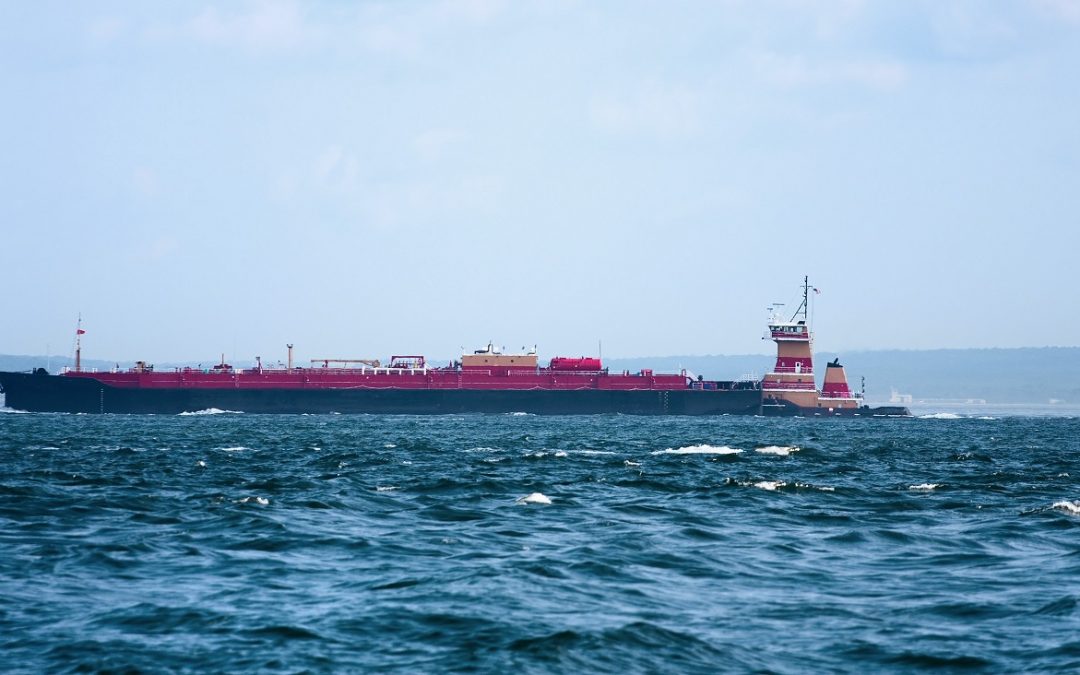PIL had the most reliable schedule among the top 12 container lines in Q2 2024 when arranged by average delay time, breaking Maersk’s streak at the top since Q3 2021, according to eeSea’s latest container reliability scorecard.
Average delay times across the market rose by more than 30% to 4.2 days from 3.2 days in Q1 2024, and on-time performance slipped to 25% from 27%. PIL was the only carrier among the top lines to see its average delays improved in the quarter, down to 2.6 days and a 27% on-time performance.
eeSea’s methodology marks any delay of under 12 hours as on-time arrival, from data sources including container line published schedules and updates, AIS data, and port data.
Maersk was beaten to the top spot by 0.1 days of average delay, followed by Zim and Wan-Hai Lines in third and fourth, respectively.
Comparing performance of container alliances, Ocean Alliance had the lowest average delays, taking the top spot from non-alliance services, which performed best in Q1 2024 and from Q3 2020 to Q1 2023.
Accounting for alliances and vessel sharing agreements (VSAs) by considering each vessel on which a carrier operates, CMA CGM topped eeSea’s VSA rankings with Maersk again taking second place.
The report found multiple pressures on world trade with varying impacts by region.
“All E/W trades were subject to negative factors like significant congestion, political instability, and fears over imminent strike actions; but the decline gained special momentum in AsiaEurope and East Coast North America,” the report said.
Despite the noted threat of industrial action in the region, West Coast North America was the only region in the report to see an improvement in average delays, down to 3.6 days from 4.0 days in Q1.
The schedule data showed the difficulties encountered at Singapore, which suffered the effects of schedule disruption due to rerouting around the Cape of Good Hope to avoid the Red Sea.
“Singapore, one of the world’s largest transhipment hubs, came close to entering the Top-50 in Q2, but gained 2 days in average delay and fell from 62nd to 66th – likely due in part to severe congestion that lasted for six weeks,” said the report.
Source: SeaTrade Maritime





